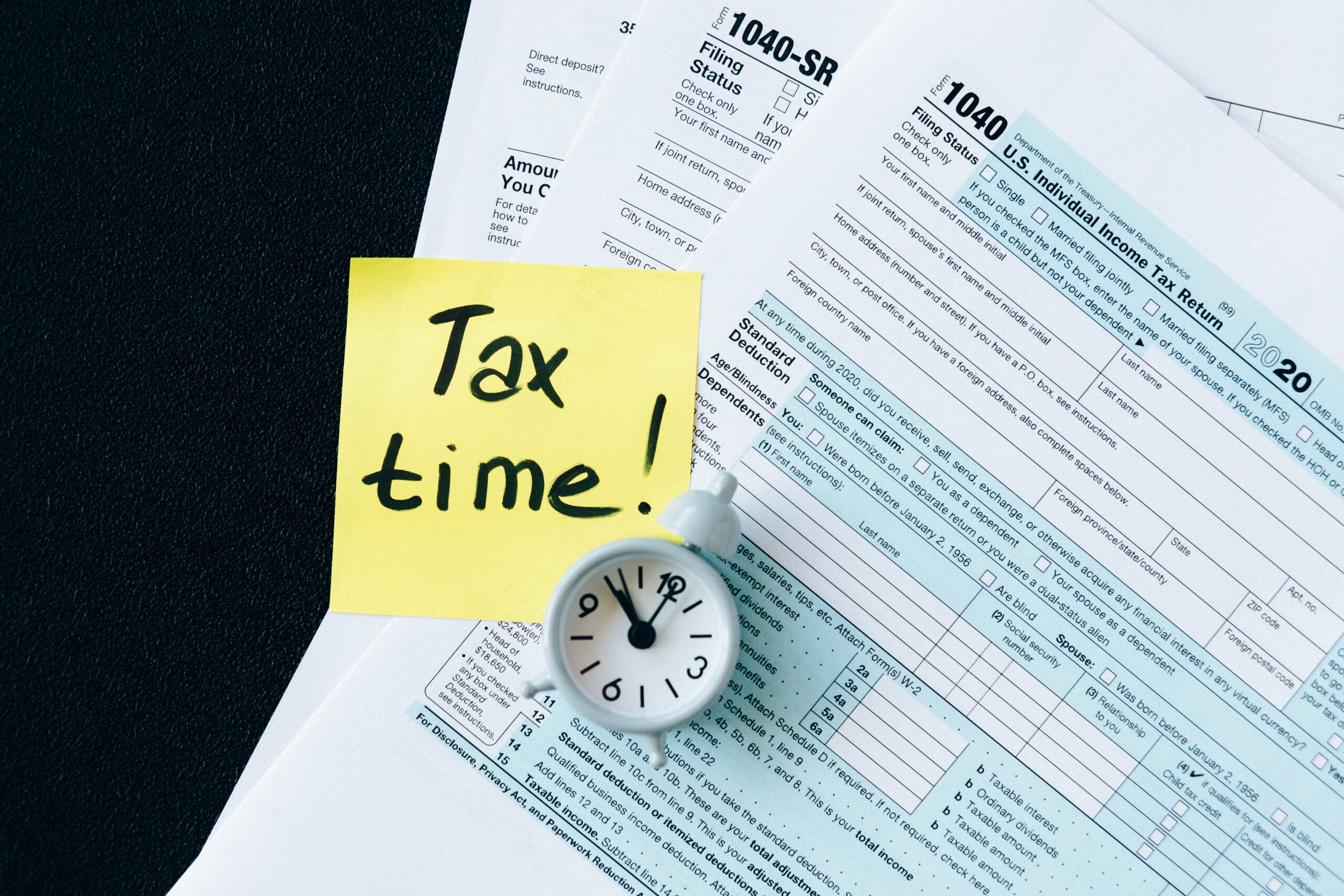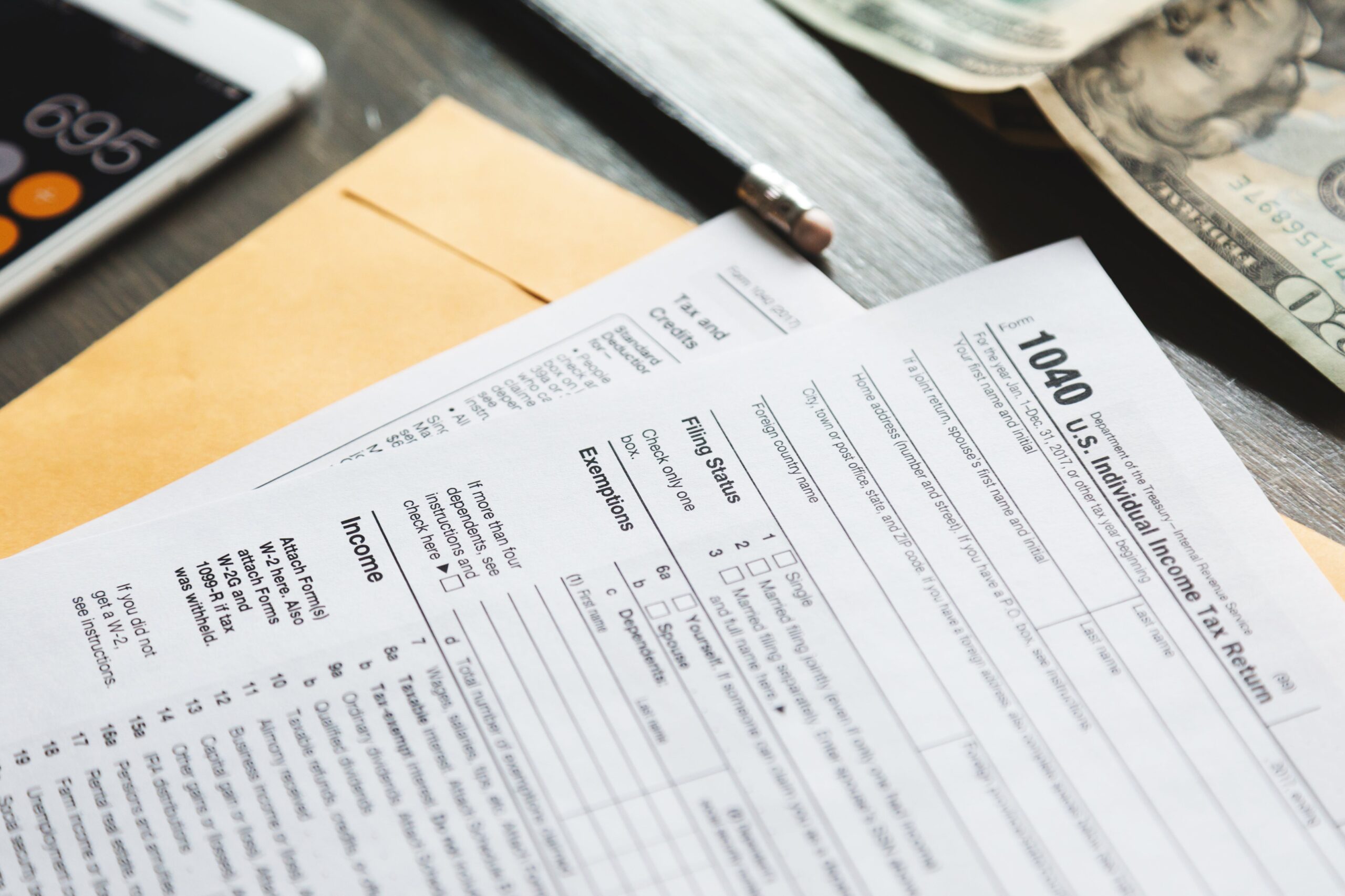The home office tax deduction is for self-employed individuals who use part of their home…

Traveling for Business in 2024
If you and your employees plan on traveling for business this year, there are multiple factors to keep in mind. Under the current tax law, certain requirements for out-of-town business travel within the United States must be met before you can claim a tax deduction. The rules apply if the business conducted reasonably requires an overnight stay.
Under the Tax Cuts and Jobs Act, W-2 employees can’t deduct their non-reimbursed travel expenses through 2025 on their tax returns. That’s because non-reimbursed employee business expenses are considered “miscellaneous itemized deductions” that aren’t deductible through 2025. On the other hand, self-employed individuals can continue to deduct business expenses, including away-from-home travel related expenses.
Common Travel Deductions
Transportation: This is one of the biggest categories of business travel deductions. Airplane tickets, train fares, taxi rides, ride-share services, parking fees, and tolls are generally deductible when incurred while away on business.
- Tip: Maintain separate receipts for personal and business-related ride-share uses.
Accommodations: Hotels, motels, short-term rentals, and other housing costs during your business trip are typically deductible.
- Tip: Avoid Extravagant accommodation costs that go beyond what’s considered reasonable.
Travel Meals: Meal expenses directly related to business activities or conversations are deductible. A percentage is also deductible even if the meal is not directly business related but part of the business trip.
- Tip: Maintain receipts or detailed notes outlining who you met with and the business topic discussed to reinforce this deduction.
Necessary Incidentals: Expenses like dry cleaning your business clothes, calls related to work, computer/laptop rentals, and other reasonable incidentals can be added to your deductions.
Shipping: For example, of baggage, and sample or display material between your regular and temporary work locations.
Using Your Car: Using your care while you’re at your business destination. You can opt to use the actual expenses method or the standard mileage rate. This is in addition to business-related tolls and parking fees. However, if you rent a car, you can deduct only the business-use portion for those expenses.
Travel Deduction Rules
The actual costs of travel (for example, plane fare and cabs to the airport) are generally deductible for out-of-town business trips. You’re also allowed to deduct the cost of accommodations. In addition, a percentage of your meals is deductible even if the meals aren’t connected to a business conversation or other business function.
For year 2024, the law allows a 50% deduction for business meals. No deduction is allowed for meal or lodging expenses that are “lavish or extravagant,” a term that generally translates to “unreasonable.” Also, personal entertainment related costs on trips aren’t deductible, but business-related costs such as those for dry cleaning, phone calls and computer rentals can be written off. For additional information, see IRS Topic no. 511, Business Travel Expenses.
Business and Pleasure
Some allocations may be required if the trip is a combined business/pleasure trip; for example, if you fly to a location for five days of business meetings and stay on for an additional three days of vacation. Only the costs of meals, lodging, etc., incurred during the business days are deductible, not the expenses incurred for the personal vacation days.
On the other hand, with regard to the cost of the travel itself (for example, airline fare), if the trip is primarily for business purposes, the travel cost can be deducted in its entirety and no allocation is required. Conversely, if the trip is primarily personal, no travel costs are deductible. An important factor in determining if the trip is primarily business or not is the amount of time spent on each (though this isn’t the sole factor to take into account).
Suppose a trip isn’t for the actual conduct of business but is for the purpose of attending a convention or seminar. The IRS may assess the nature of the meetings carefully to make sure they aren’t vacations in masquerading as business. That said, it’s best to retain all material helpful in establishing the business or professional nature of the trip.
Also, another important note is that personal expenses you incur at home related to the trip aren’t deductible. For example, the costs of boarding a pet while you’re out of town.
Will Your Spouse Come Along?
The rules for deducting the costs of a spouse who accompanies you on a business trip are very stringent. No deduction is allowed unless the spouse is an employee of you personally or your company. If that isn’t the case, then even if there’s a legitimate business purpose for having your spouse make the trip, you probably won’t be able to fully deduct his or her travel costs (though you may be able to deduct some costs).
Specifically, the restrictions apply only to the additional costs that would be incurred by having your non-employee spouse travel with you. For example, the expense of a hotel room would likely be fully deductible since the cost to rent the room alone or with another person would probably be the same or similar.
Before You Embark
If you are unsure about any rules and how they might apply to your eligible travel related deductions, don’t hesitate to contact the office. We’re here to help you with any questions you may have about travel deductions to help you stay on the right course.



